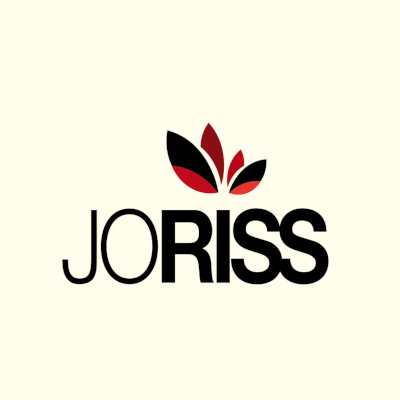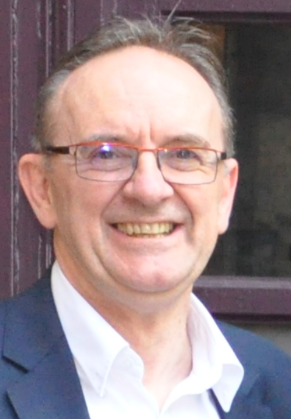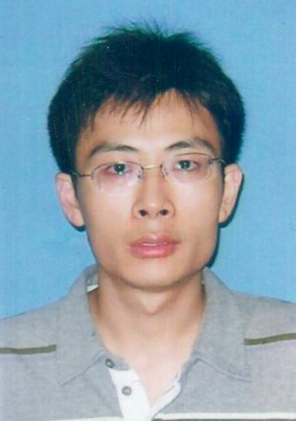
Title: Applications of mesoporpous nanospheres in nanocatalysis and drug delivery
Directors: Laurent BONNEVIOT & Kun ZHANG
Discipline: Chemistry
Status: Incubating Project
Starting date: 2018
Supervision
Summary
In the majority of studies in science education, the understanding and reasoning when solving science tasks, and the role of prior knowledge and previous experiences are described as inherent to all human beings, without exploring much whether it is related or not to the culture of the individuals.
This research project takes the opportunity of student populations from two different cultures to study the influence of the students’ culture in the understanding, reasoning while solving science tasks, in particular for low achievers. Our aim is to identify to what extent French and Chinese students’ success or failure to solve science tasks are similar or not according to the culture. In particular, we will investigate the knowledge and strategies that French and Chinese students may involve in their understanding, reasoning when solving science tasks according to their achievement levels and compare the role of their culture, in particular their daily experiences in solving these science tasks. More precisely, we will compare high and low achievers solving science tasks and science reasoning tasks in both countries.
The specific research questions are:
- To what extent French and Chinese low achiever students’ and high achievers students understanding, reasoning and solving science tasks are similar or differ?
- To what extent the prior knowledge and previous experiences that French and Chinese low achievers students may use while reasoning and solving science tasks are similar or differ?
Two examples of science tasks will be used in this study: PISA (Program for International Student Assessment) science 2015 items and test of scientific reasoning. In addition, the results from a previous Joriss project (coordinated by Xinning Pei, participant of this proposal) consisting of a comparative study on the science curriculum prescribed for compulsory education and effective teacher resources between France and China, could enlight our results and allow to make hypothesis about some differences observed between Chinese and French students, while solving a science task.
Our methodology will be based on two types of questionnaires, which will be administrated to 15 years old students (around 100 in China and 100 in France). Questionnaires will include a priori selected PISA science 2015 tasks and added questions in which it is asked to the students to clarify the thinking processes they used to answer the questions, Lawson’s Classroom Test of Scientific Reasoning (background information, school management, teaching staff, assessment and evaluation, targeted groups, school climate (OECD, 2016; http://dx.doi.org/10.1787/9789264255425-en).
The idea in a long-term project is to go further in the comparison of Chinese and French students’ science task understanding, reasoning and solving, and to compare French and Chinese students according to their level of achievement (high/low achievers) and also to their socio-economic-cultural status (SESC).








